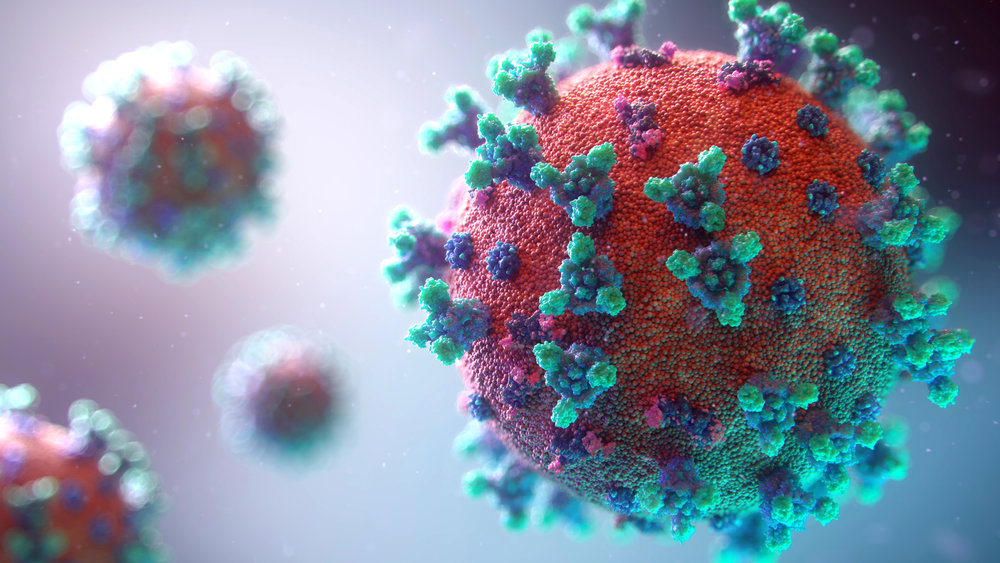
Due to the COVID-19 crisis, your emergency dentist in St. Albans is taking extra steps to keep you safe when you come in for care. One particular area of concern is the movement of dental aerosols inside their practice. They are small particles that are released from patients’ mouths during normal procedures. Keep reading to find out about how they form, the dangers they present, and what your dentist is doing to protect you from them.
How Do Dental Aerosols Form?
No matter how well you clean your teeth, there will always be germs in your mouth, and that’s perfectly normal. Most of them don’t have the power to hurt a healthy person. However, harmful ones can get inside your mouth whenever you breathe, eat, or talk.
The water, saliva, and germs in your mouth have the ability to stick together and form small particles. When dentists use tools that create rapid vibrations, or carry out procedures that require streams of water, they can inadvertently push disease carrying particles out of your mouth and into the air. These airborne particles are known as dental aerosols.
Why Are Dental Aerosols So Dangerous?
Aerosols can be smaller than the width of a human hair, so they aren’t visible to the human eye. As a result, they can be released without anyone even noticing. If a particle containing COVID-19 enters the air, it can move undetected through the office, infecting people directly or landing on surfaces for people to make contact with later.
How Are Dentists Stopping Aerosols From Hurting Patients?
Your dentist realizes that aerosols pose a larger threat than ever to patients, so they are implementing multiple procedures in their office to prevent them from forming and infecting people. Some measure they are now taking include:
- Having patients rinse with an anti-microbial solution prior to their appointment. This way, germs and viral particles are removed from their mouth before they sit in the dentist’s chair.
- Utilizing high speed suction during aerosol generating procedures to keep particles from escaping patients’ mouths.
- Adding PECO grade air filters and air purifiers in each room to capture germs that do get released into the air.
Your dentist wants you to feel safe when coming to them for care. Stopping dental aerosols from being released is just one of the many ways they are committed to preventing the spread of diseases inside their practice. Their goal is to create a place where you know the health of your whole body is protected.
About the Author
Dr. Tyler Aten earned his dental degree at the University of Connecticut and has completed specialized continuing education in oral sedation and dental implant placement. He is constantly reviewing publications from the CDC and the ADA to ensure that his practice has the strongest possible safety protocols in place. If you’re interested in scheduling an appointment with him, you can do so at his practice’s website or at 802-524-4844.
